Lau said over 30 countries were applying for the membership, with a vote set to take place at the June meeting. He added that Hong Kong could become chair of the AIIB, even though it is not a sovereign member.
“Considering our experience with the Asian Development Bank, we should have the chance to chair the AIIB,” Lau said, responding to questions from lawmaker Jeffrey Lam Kin-fung.
“Even though we are a non-sovereign member, our rights and responsibilities are the same as a sovereign member.
“The annual meeting of the Asian Development Bank was held in Hong Kong in 1982, when Hong Kong also had the chance to be the chair. Members take turns to be the chair.”
The AIIB, headquartered in Beijing, is considered part of China’s “go global” strategy. It aims to support infrastructure developments across Asia, estimated to cost US$40 trillion (HK$310 trillion) from 2015 to 2030.
Lau said the government would seek approval from the finance committee for an initial HK$1.2 billion buy-in, which is payable over five years. The buy-in will secure an approximate 0.7 per cent stake in the AIIB.
Lau said Hong Kong had indicated its desire to become a corporate treasury centre for the AIIB, but there was stiff competition for the position with ten other European and Asian nations also vying for the role.
“We want to be the corporate treasury centre for the AIIB, but other members also want the role, so we need to work at it slowly,” Lau said.
He said Hong Kong had already started “building goodwill” with the multilateral financial institution, having sent civil servants – such as accounting services department staff – to work at the bank. And although the city is not yet a member of the AIIB, Hong Kong officials have also been attending meetings as part of the Chinese team.
“They very much appreciate our work there. We have been doing some soft lobbying to express our support to them and show our sincerity,” Lau said.
With no opposition arising at Thursday’s panel meeting, the government seems to have garnered support from across the political spectrum to join the AIIB.
Kenneth Leung, deputy chairman of the financial services panel, said the city has the potential to provide far more than just a corporate treasury centre for the financial institution.
“Hong Kong has a lot of expertise that can help the AIIB. The bank will need to raise funds, and our city can be its centre for financing or bond issuing. The city can also become a centre for arbitration or other professional services,” he said.
He urged the government to assist Hong Kong companies or professionals in becoming more competitive when bidding for AIIB business.
Another panel member, Holden Chow Ho-ding, said opportunities offered by the AIIB could provide an entirely new growth engine for Hong Kong’s economy, but the government had to first identify priority countries that require a lot of infrastructure.
“We should get in touch with them early and let them know about Hong Kong,” Chow said.
“So that in the future, when the bidding on projects starts, at least they will have known more about Hong Kong and can choose with more confidence.”
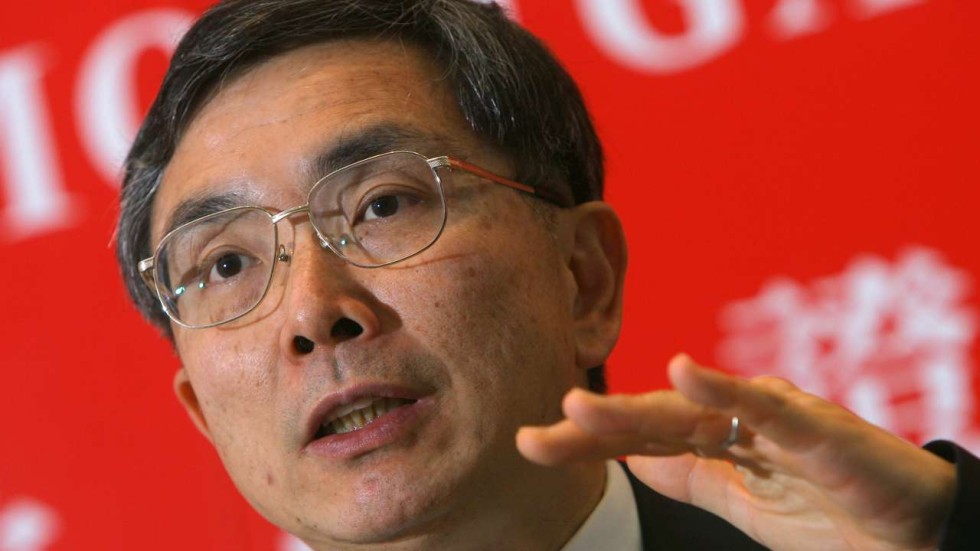
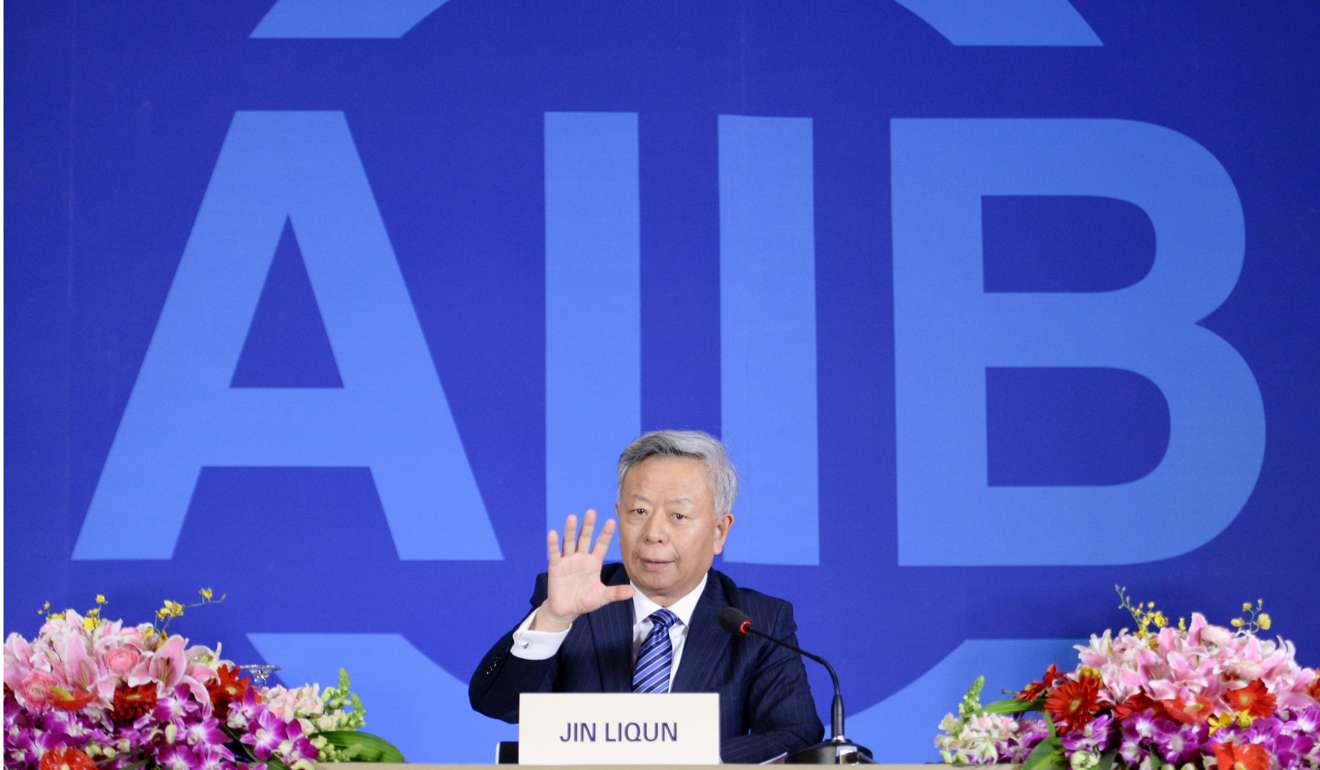
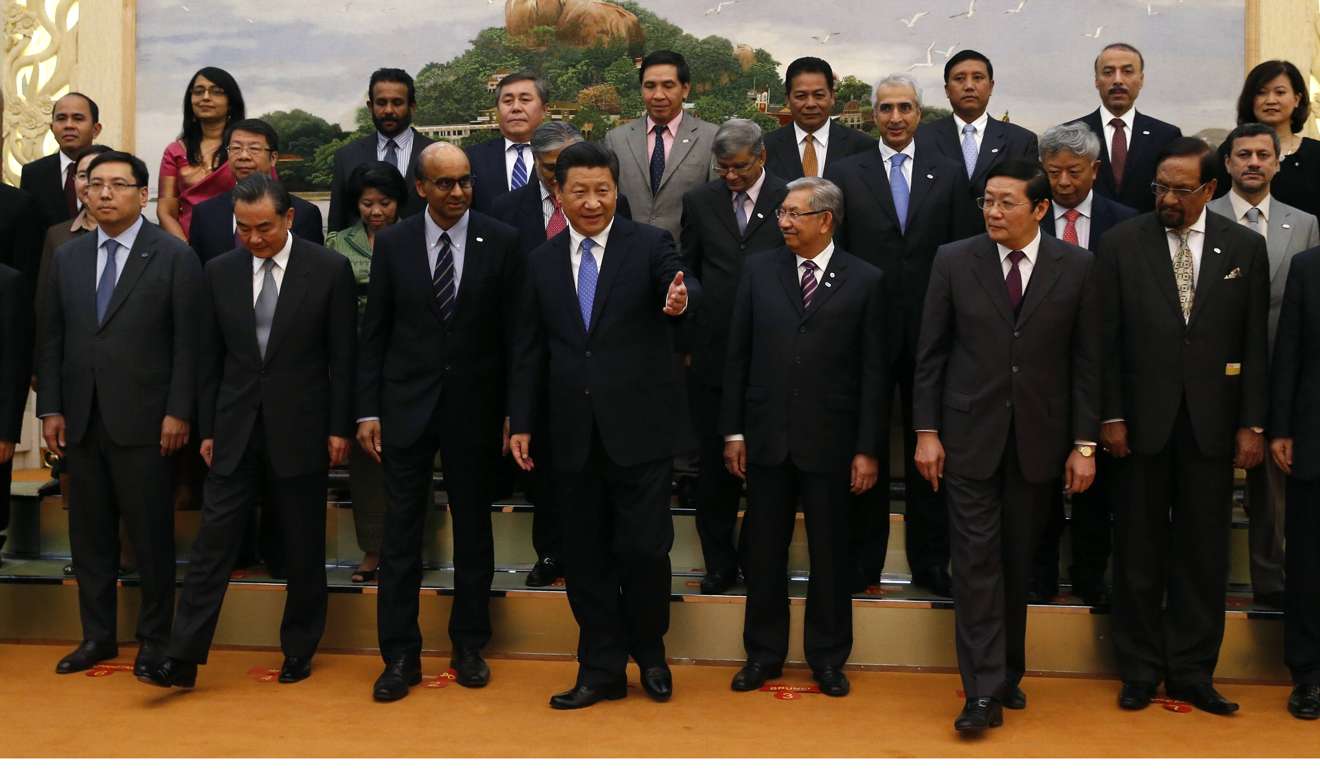











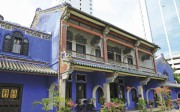
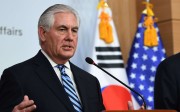
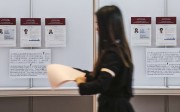
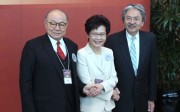



Comments
Post a Comment